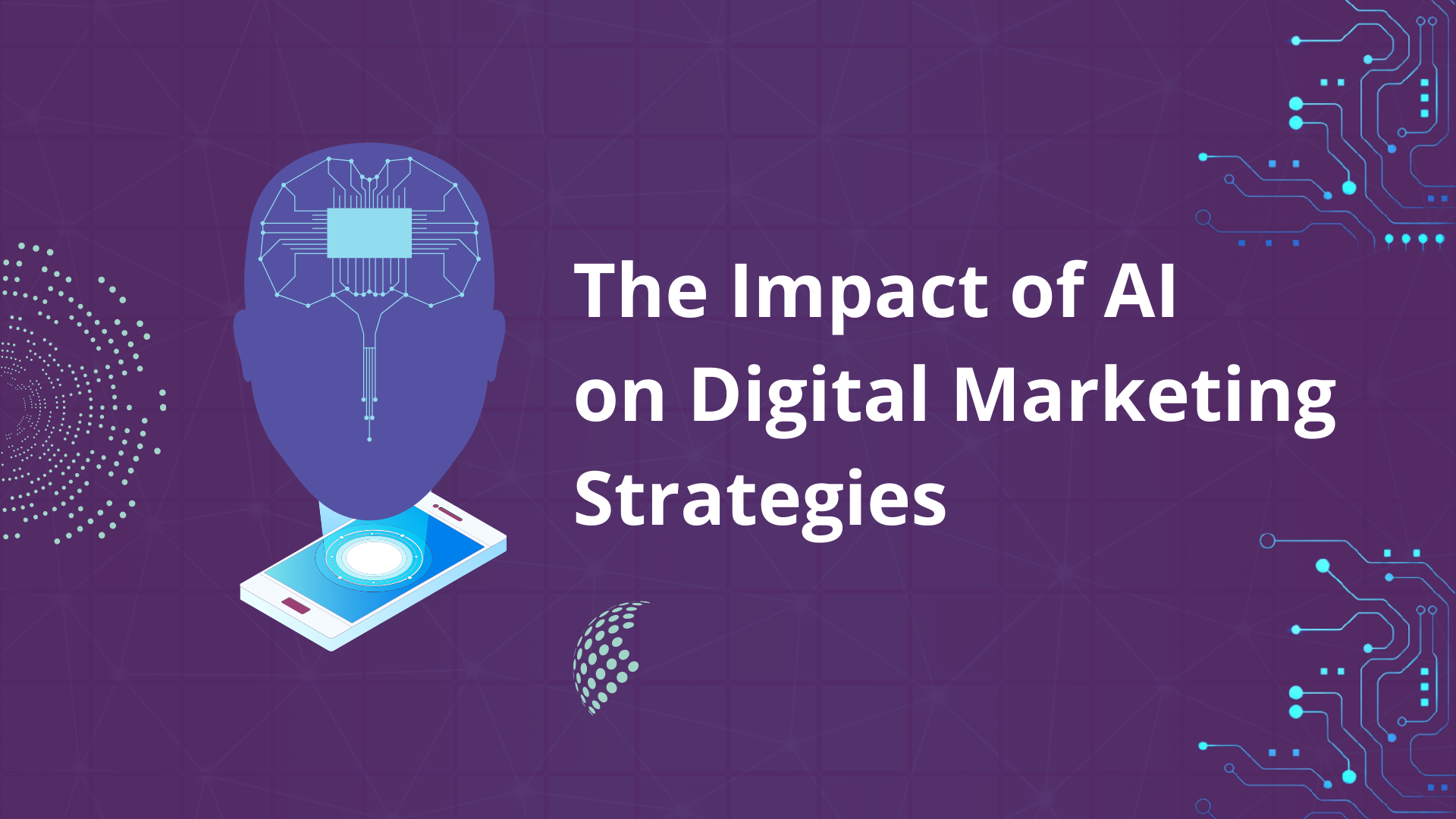Unlocking the Future: AI’s Impact on Digital Marketing
In today’s fast-paced digital world, artificial intelligence (AI) is revolutionizing the way businesses approach marketing strategies. From personalized recommendations to predictive analytics, AI is transforming the way companies connect with their customers and drive growth. In this article, we will explore the impact of AI on digital marketing and how businesses can leverage this technology to stay ahead of the competition.
One of the key ways AI is revolutionizing digital marketing is through the use of data analytics. By analyzing vast amounts of customer data, AI algorithms can uncover valuable insights and trends that can help businesses make more informed marketing decisions. For example, AI can analyze customer behavior on websites and social media platforms to identify patterns and preferences, allowing marketers to tailor their messaging and offers to individual consumers.
AI is also transforming the way businesses engage with customers through personalized recommendations. By using machine learning algorithms, companies can deliver personalized product recommendations based on a customer’s browsing history, purchase behavior, and demographics. This level of personalization not only improves the customer experience but also drives sales and increases customer loyalty.
In addition to data analysis and personalized recommendations, AI is also revolutionizing digital marketing through the use of chatbots. Chatbots are AI-powered virtual assistants that can interact with customers in real-time, providing instant answers to their questions and guiding them through the sales process. Chatbots are not only efficient in handling customer inquiries but also provide a personalized and interactive experience that can enhance customer satisfaction and drive conversions.

Image Source: starling.social
Another way AI is transforming digital marketing is through predictive analytics. By analyzing historical data and trends, AI algorithms can forecast future outcomes and trends, helping businesses anticipate customer needs and behavior. This allows companies to proactively adjust their marketing strategies and campaigns to better target their audience and drive results.
AI is also revolutionizing digital marketing through the use of voice search and natural language processing. With the rise of smart speakers and virtual assistants like Siri and Alexa, consumers are increasingly using voice search to find information and make purchases. AI-powered algorithms can analyze and understand natural language queries, allowing businesses to optimize their content and marketing strategies for voice search, reaching a wider audience and improving their search engine rankings.
Overall, AI is transforming digital marketing by providing businesses with powerful tools and insights to better understand their customers, personalize their marketing efforts, and drive growth. By leveraging AI technology, businesses can stay ahead of the competition and unlock the future of digital marketing.
Riding the Wave: The Evolution of AI in Marketing Strategy
In the fast-paced world of digital marketing, staying ahead of the curve is essential. And one of the most exciting developments in recent years has been the evolution of artificial intelligence (AI) in marketing strategy. AI is no longer just a buzzword – it’s a powerful tool that can revolutionize the way businesses connect with customers and drive sales.
So, how exactly has AI evolved in marketing strategy? Let’s take a closer look at some of the key ways in which this technology is transforming the digital marketing landscape.
Personalization is key in today’s marketing world, and AI is making it easier than ever for businesses to tailor their messaging to individual customers. By analyzing vast amounts of data, AI algorithms can identify patterns and preferences, allowing marketers to deliver targeted, personalized content to the right audience at the right time. This level of personalization not only improves the customer experience but also increases engagement and conversion rates.
AI is also changing the way businesses approach customer service. Chatbots powered by AI technology are now able to provide instant, personalized assistance to customers, answering questions, resolving issues, and even making product recommendations. This 24/7 support not only enhances the customer experience but also frees up valuable time and resources for businesses.
In addition to personalization and customer service, AI is also revolutionizing the way businesses analyze and interpret data. AI algorithms can process and analyze data at lightning speed, providing marketers with valuable insights into customer behavior, trends, and preferences. This data-driven approach allows businesses to make more informed decisions and optimize their marketing strategies for maximum effectiveness.
But perhaps the most exciting aspect of AI in marketing strategy is its ability to predict and anticipate customer needs. By leveraging machine learning algorithms, businesses can forecast trends, identify opportunities, and even predict future customer behavior. This predictive capability allows businesses to stay one step ahead of the competition and deliver truly innovative and impactful marketing campaigns.
So, how can businesses ride the wave of AI in marketing strategy? The key is to embrace this technology and integrate it into every aspect of the marketing process. From developing personalized content to implementing chatbots for customer service to analyzing data for insights, AI can play a crucial role in driving success in the digital marketing world.
Ultimately, the evolution of AI in marketing strategy is transforming the way businesses connect with customers, drive sales, and stay competitive in a rapidly changing landscape. By harnessing the power of AI, businesses can unlock new opportunities, engage customers in more meaningful ways, and achieve unprecedented levels of success. The future of digital marketing is here – and AI is leading the way.
The Impact of AI on Digital Marketing Strategies